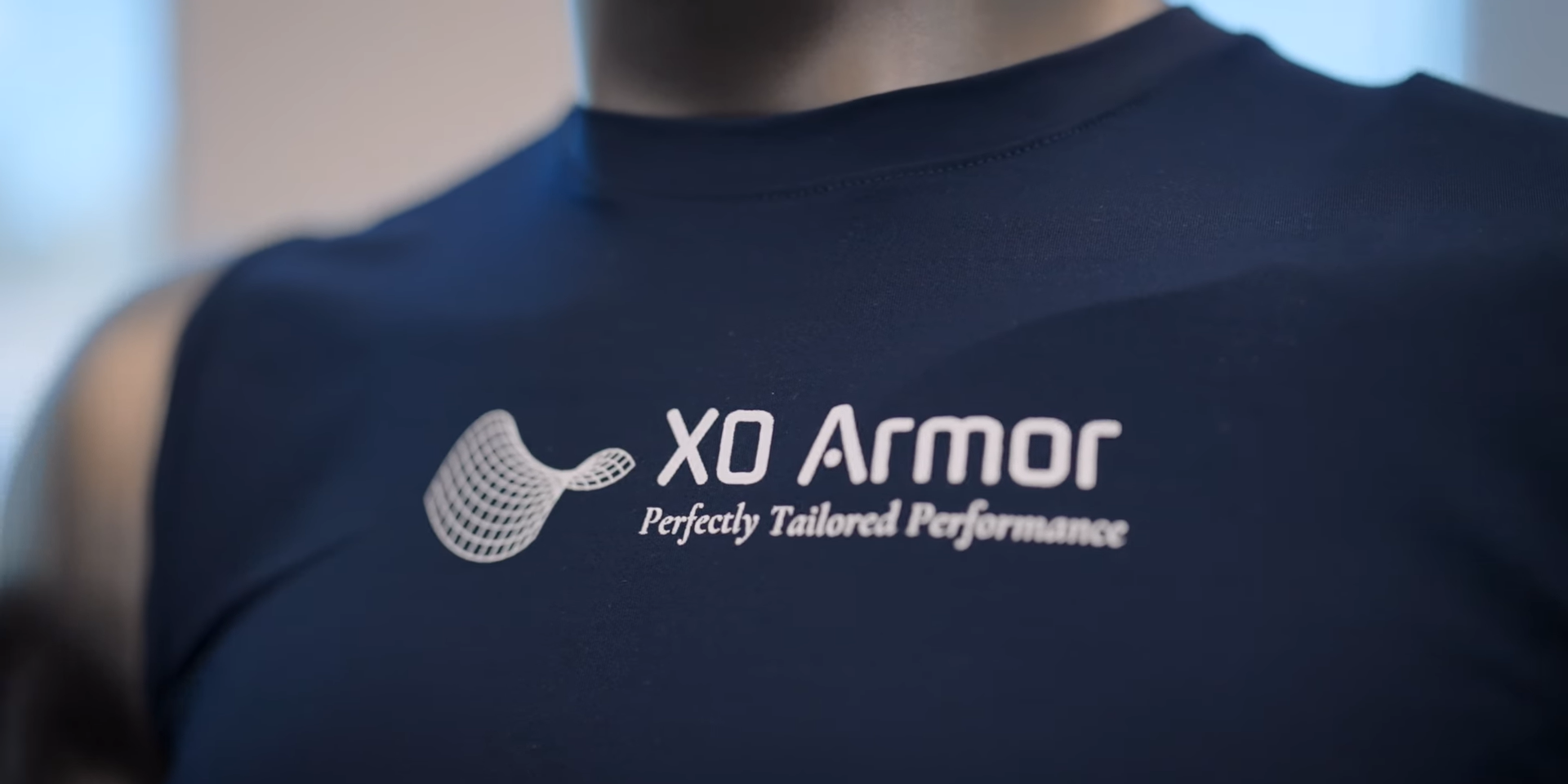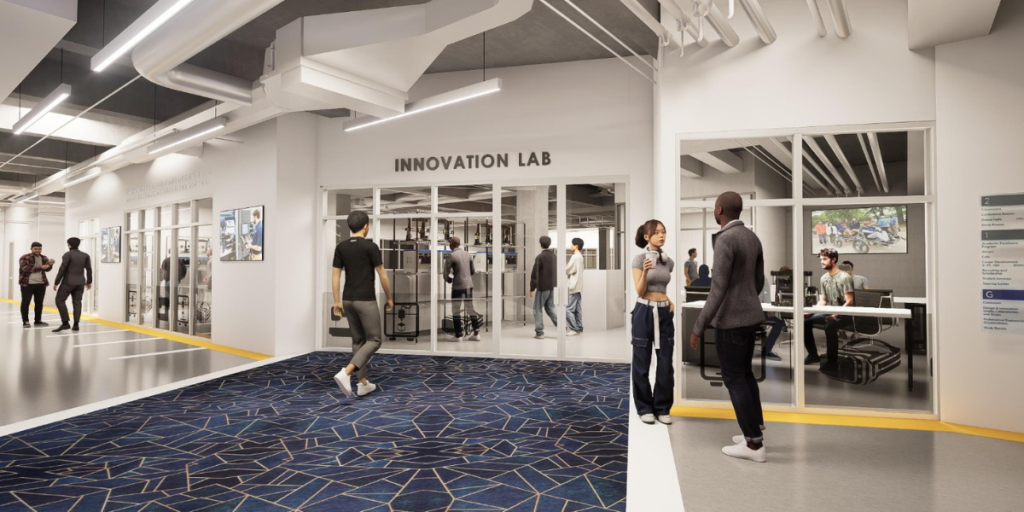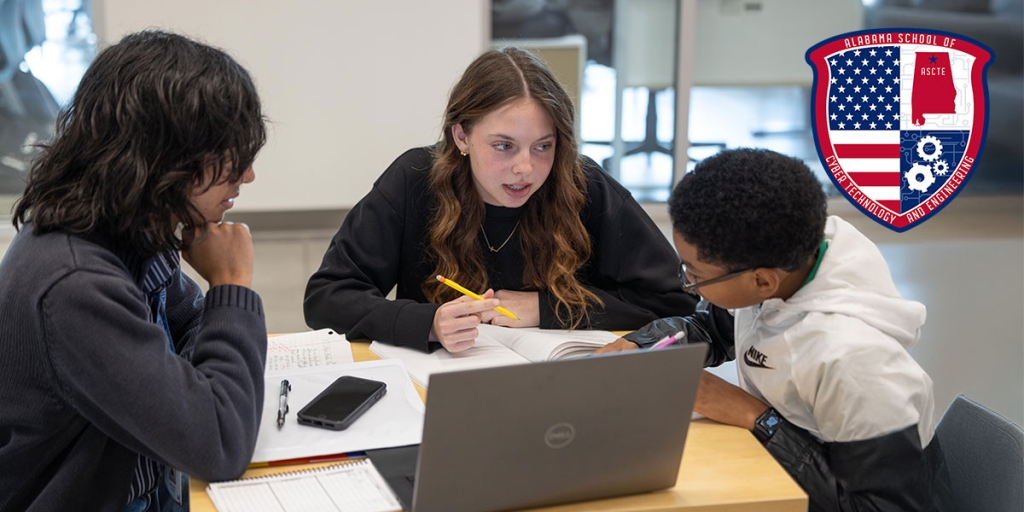A small project begun at Auburn in 2019 to quickly return injured Auburn football players to the playing field may soon return injured soldiers to the battlefield.
XO Armor, a company pioneering on-site 3D printing for custom-fitting protective orthotics for dozens of professional and college-level sports teams, has been named to the inaugural cohort of the Montgomery TechLab’s (MTL) Defense Accelerator. The selection reflects XO Armor’s strategic growth into the defense sector, where it hopes to leverage its innovative technology to address critical military needs.
Born from research within the Auburn University Biomechanical Engineering Laboratory (AUBE Lab), XO Armor’s adaptable technology has expanded beyond its initial applications in the athletics arena to use-case scenarios in generalized health care and, more recently, military preparedness.
RELATED: Freeze on if there’s more pressure to win this year: ‘I’m not a fool’
The company’s ability to rapidly produce custom-fit devices on-site aligns well with the U.S. Army’s adoption of additive manufacturing as a vital tool in overcoming challenges in supplying and sustaining military operations in contested logistics environments. Similar concerns specific to combat systems have recently driven millions of dollars in Army investment into Auburn’s broader additive manufacturing research.
The eight-week MTL Defense Accelerator program offers XO Armor the opportunity to broaden its engagement across the Department of Defense.
“The companies selected for our first defense accelerator cohort demonstrate incredible promise to strengthen our nation’s defense posture while growing Alabama’s innovation economy,” said Charisse Stokes, executive director of TechMGM and partner liaison for Montgomery TechLab.
Joe Bingold, XO Armor CEO, said the MTL Defense Accelerator will help the Auburn-based company facilitate connections with the U.S. Air Force.
“This program not only increases our interaction with the Department of Defense stakeholders but also helps us refine our business model and strategic approach to commercialization,” Bingold said. “As a Navy veteran, I am impressed by the new level of collaboration we are seeing across the different sectors within the Department of Defense. Accelerator programs like Montgomery TechLab are truly making an impact for the sustainability of our military forces.”
Michael Zabala, Auburn Alumni Engineering Council associate professor, AUBE Lab director, and XO Armor’s founder and chief research officer, calls the potential of the company’s new partnerships “a powerful example of how Auburn Engineering research can translate into real-world impact.”
“To see something that began in the AUBE Lab as an effort to help Auburn football players now growing into a technology that can directly support the U.S. military makes me pretty proud,” he said.
Courtesy of Auburn University












